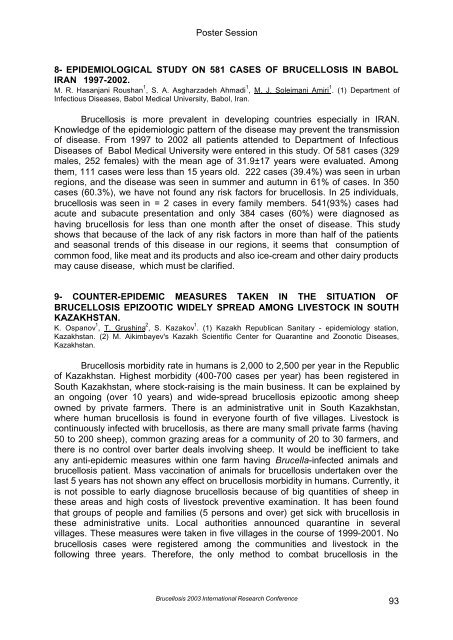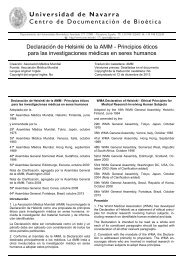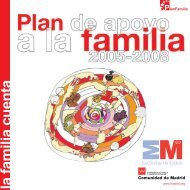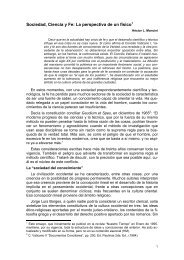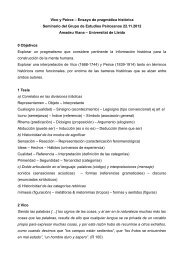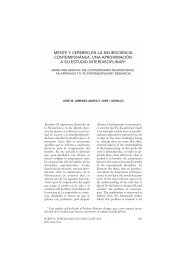Brucellosis 2003 proceedings - PHIDIAS
Brucellosis 2003 proceedings - PHIDIAS
Brucellosis 2003 proceedings - PHIDIAS
Create successful ePaper yourself
Turn your PDF publications into a flip-book with our unique Google optimized e-Paper software.
Poster Session<br />
8- EPIDEMIOLOGICAL STUDY ON 581 CASES OF BRUCELLOSIS IN BABOL<br />
IRAN 1997-2002.<br />
M. R. Hasanjani Roushan 1 , S. A. Asgharzadeh Ahmadi 1 , M. J. Soleimani Amiri 1 . (1) Department of<br />
Infectious Diseases, Babol Medical University, Babol, Iran.<br />
<strong>Brucellosis</strong> is more prevalent in developing countries especially in IRAN.<br />
Knowledge of the epidemiologic pattern of the disease may prevent the transmission<br />
of disease. From 1997 to 2002 all patients attended to Department of Infectious<br />
Diseases of Babol Medical University were entered in this study. Of 581 cases (329<br />
males, 252 females) with the mean age of 31.9±17 years were evaluated. Among<br />
them, 111 cases were less than 15 years old. 222 cases (39.4%) was seen in urban<br />
regions, and the disease was seen in summer and autumn in 61% of cases. In 350<br />
cases (60.3%), we have not found any risk factors for brucellosis. In 25 individuals,<br />
brucellosis was seen in = 2 cases in every family members. 541(93%) cases had<br />
acute and subacute presentation and only 384 cases (60%) were diagnosed as<br />
having brucellosis for less than one month after the onset of disease. This study<br />
shows that because of the lack of any risk factors in more than half of the patients<br />
and seasonal trends of this disease in our regions, it seems that consumption of<br />
common food, like meat and its products and also ice-cream and other dairy products<br />
may cause disease, which must be clarified.<br />
9- COUNTER-EPIDEMIC MEASURES TAKEN IN THE SITUATION OF<br />
BRUCELLOSIS EPIZOOTIC WIDELY SPREAD AMONG LIVESTOCK IN SOUTH<br />
KAZAKHSTAN.<br />
K. Ospanov 1 , T. Grushina 2 , S. Kazakov 1 . (1) Kazakh Republican Sanitary - epidemiology station,<br />
Kazakhstan. (2) M. Aikimbayev's Kazakh Scientific Center for Quarantine and Zoonotic Diseases,<br />
Kazakhstan.<br />
<strong>Brucellosis</strong> morbidity rate in humans is 2,000 to 2,500 per year in the Republic<br />
of Kazakhstan. Highest morbidity (400-700 cases per year) has been registered in<br />
South Kazakhstan, where stock-raising is the main business. It can be explained by<br />
an ongoing (over 10 years) and wide-spread brucellosis epizootic among sheep<br />
owned by private farmers. There is an administrative unit in South Kazakhstan,<br />
where human brucellosis is found in everyone fourth of five villages. Livestock is<br />
continuously infected with brucellosis, as there are many small private farms (having<br />
50 to 200 sheep), common grazing areas for a community of 20 to 30 farmers, and<br />
there is no control over barter deals involving sheep. It would be inefficient to take<br />
any anti-epidemic measures within one farm having Brucella-infected animals and<br />
brucellosis patient. Mass vaccination of animals for brucellosis undertaken over the<br />
last 5 years has not shown any effect on brucellosis morbidity in humans. Currently, it<br />
is not possible to early diagnose brucellosis because of big quantities of sheep in<br />
these areas and high costs of livestock preventive examination. It has been found<br />
that groups of people and families (5 persons and over) get sick with brucellosis in<br />
these administrative units. Local authorities announced quarantine in several<br />
villages. These measures were taken in five villages in the course of 1999-2001. No<br />
brucellosis cases were registered among the communities and livestock in the<br />
following three years. Therefore, the only method to combat brucellosis in the<br />
<strong>Brucellosis</strong> <strong>2003</strong> International Research Conference<br />
93


